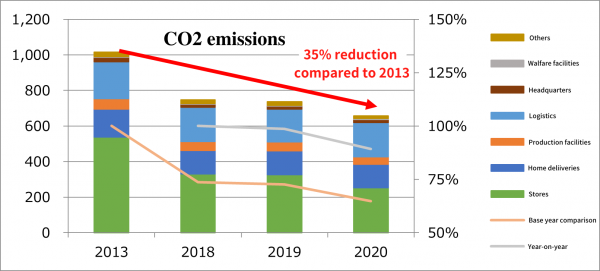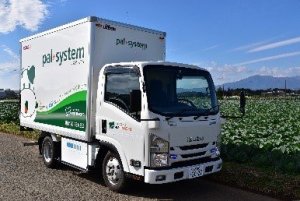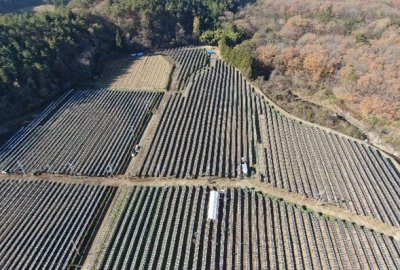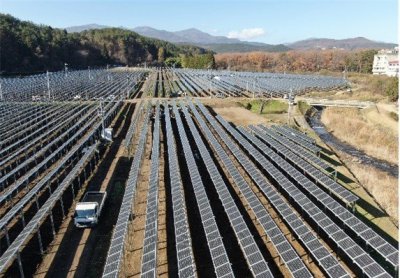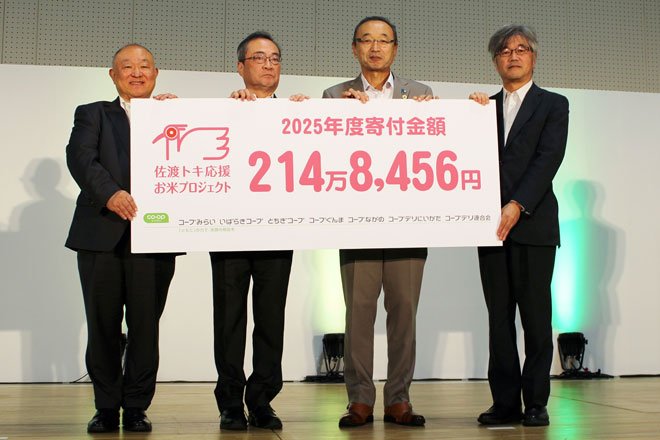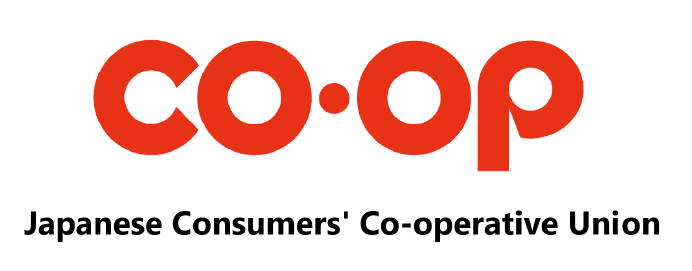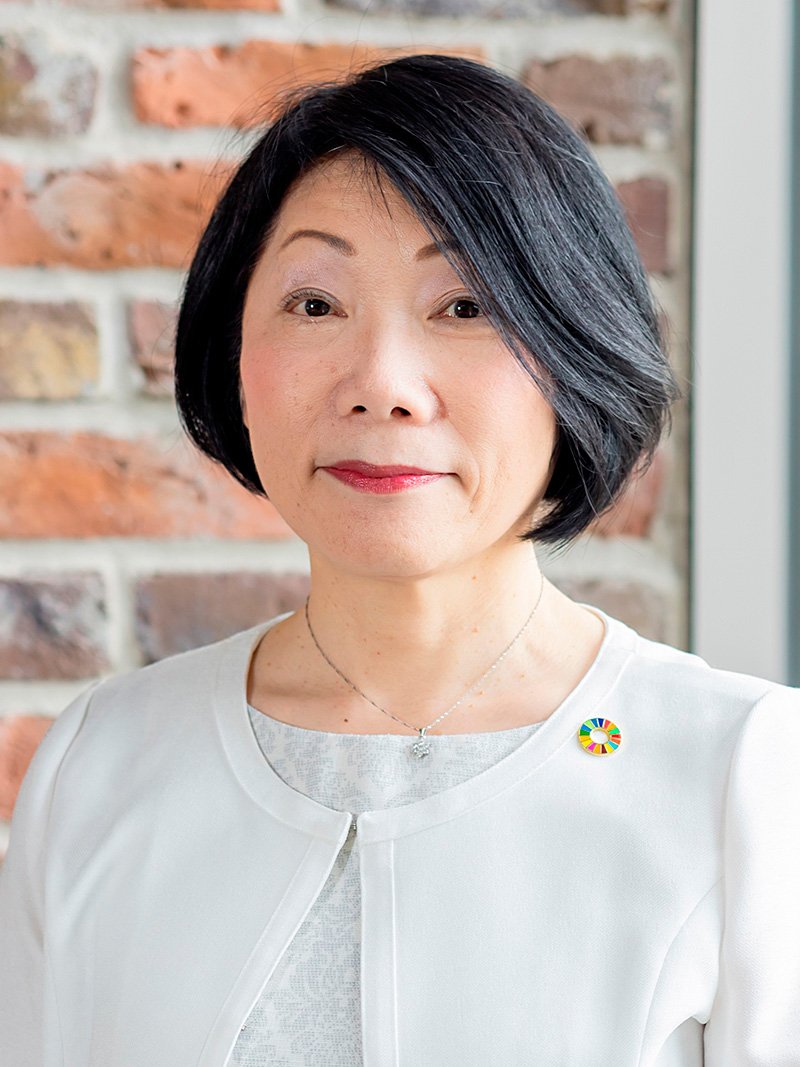Co-ops nationwide accelerate climate change countermeasures
2022.06.07
JCCU announces the progress of the "Consumer Co-op 2030 Environmental Sustainability Policy*1", which is being promoted by consumer co-ops nationwide to realize a sustainable society. To achieve this, consumer co-ops are actively working on climate change countermeasures by reducing greenhouse gases and using and developing renewable energy sources.
*1 Reference: "Consumer Co-op 2030 Environmental Sustainability Policy"
■CO2 emissions reduced by 35% compared to FY2013 (2030 target: 40% reduction)
Renewable energy introduction rate exceeds 40%. Surveys and demonstration experiments are underway to convert delivery trucks to EVs.
Consumer co-ops nationwide are opening eco-stores equipped with energy-saving equipment and non-frozen refrigerated and frozen showcases. In addition, renewable energy is actively used for the electricity procured by co-ops nationwide, with the introduction rate of renewable energy at 47.4%.
In order to further reduce CO2 emissions, studies are underway to replace gasoline-powered delivery trucks with electric vehicles. Palsystem Kanagawa is conducting a demonstration experiment of delivery by EV trucks.
■42 consumer co-ops generated approximately 200 million kWh of renewable energy at 551 generation facilities. (Target for 2030: 400 million kWh)
Consumer co-ops nationwide are working to develop solar power and solar sharing
42 consumer co-ops are generating approximately 200 million kWh of renewable energy from 551 power generation facilities with an installed capacity of approximately 113 MW. Solar power generation facilities are also being installed at approximately 500 co-op stores and home delivery centers nationwide.
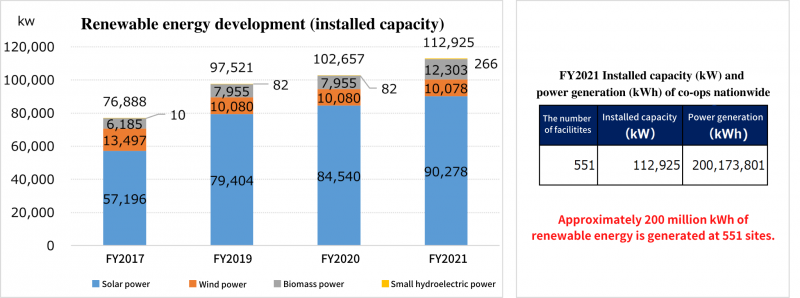
Renewable energy types that co-ops nationwide are involved in include wind power, biomass power, small hydroelectric power, and solar sharing*2.
*2 Solar sharing: Installing solar panels on farmland and sharing the sun's energy to simultaneously conduct agriculture and power generation business.
As one example, Miyagi Co-op is investing in a solar sharing power plant, which simultaneously operates an agriculture and power generation business. In the Okajima area of Fukushima City, solar panels have been installed on grape plantations, and in Nihonmatsu City, Fukushima Prefecture, abandoned farmland has been converted into grape and wild sesame plantations, on which solar panels have been installed to generate electricity.
The largest farm-based power generation facility in the country "Nihonmatsu Solar sharing"

